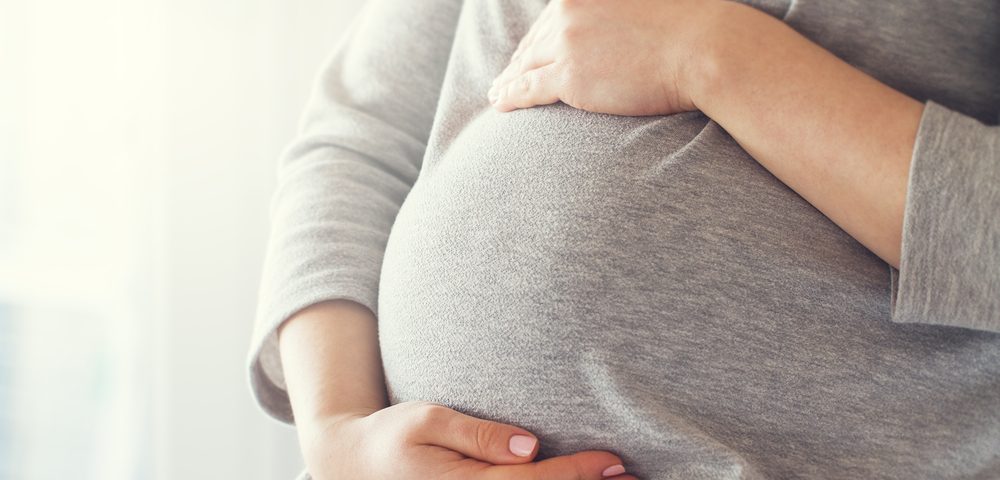Women with juvenile idiopathic arthritis (JIA) who become pregnant should be closely monitored by doctors, as they have an increased risk of both maternal and infant complications, according to a new study.
The study, “Juvenile onset arthritis and pregnancy outcome: a population-based cohort study,” was published in the journal Annals of the Rheumatic Diseases.
Few studies previously had existed to report pregnancy outcomes in women with juvenile onset arthritis. Now, a team of researchers at the Karolinska Institutet in Stockholm, Sweden, studied a large cohort of women diagnosed with JIA to assess maternal and infant pregnancy outcomes.
They conducted a nationwide registry-based cohort study, including births in Sweden between 1992 and 2011. In total, during the study period, researchers identified 1,807 births among women with JIA and 1.9 million control births.
“Since JIA is a heterogenic condition that may or may not persist into adulthood, we constructed two subgroups of births within the JIA-group,” the researchers wrote. The two subgroups were “JIA pediatric-only” and “JIA persisting into adulthood.”
The first subgroup included births to women with disease onset before 18 years of age or a diagnosis of any of the corresponding adult arthritis diagnoses (specifically, psoriatic arthritis, ankylosing spondylitis, inflammatory spondyloarthropathies, or rheumatoid arthritis). Patients also must have had no visits or hospitalizations for any of these diseases after the age of 18 until delivery.
The second subgroup included births to women with a diagnosis of JIA, following the same criteria as the first subgroup but who had at least one visit or hospitalization for the aforementioned diagnoses after the age of 18 before delivery.
The number of deliveries in the first and second subgroups were 1,169 and 638, respectively.
Researchers found that women with JIA had an increased risk of both maternal and newborn complications when compared to the control group. The increased risks were seen in both JIA subgroups.
“Generally, however, the associations were more pronounced in the JIA persisting into adulthood group,” the team wrote. In this group, women had an increased risk of very preterm birth, spontaneous preterm birth, small for gestational age birth, early-onset pre-eclampsia, and late-onset pre-eclampsia.
Women with pediatric JIA only were at increased risk of delivery by caesarean section and induction of labor.
Overall, “we found increased risks of both maternal and infant complications among women with JIA confined to childhood and in women with JIA persistent into adulthood as compared with population controls. Pregnancies in women with JIA should thus be subject to increased surveillance during pregnancy and delivery,” the team concluded.

